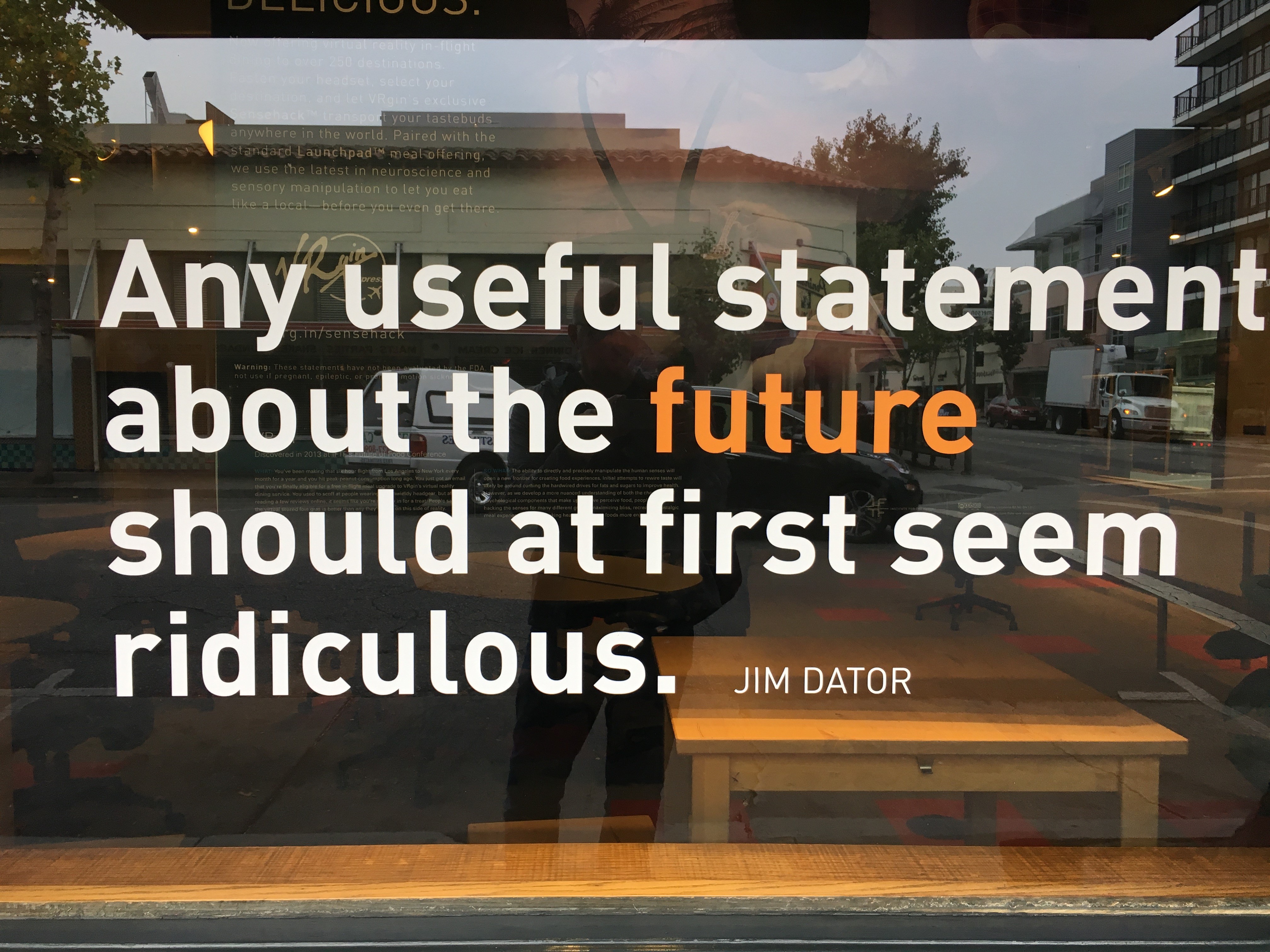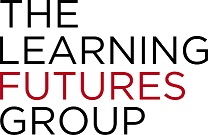
Last week, I had the privilege of presenting and meeting with some of the Asia-Pac L&D community in Sydney at the L&D Techfest (more to come on the thriving L&D ecosystem Down Under in a future post), and a topic from my keynote that spawned a lot of follow-up questions was my discussion of ‘the rise of the robots’.
We hear a lot about automation/AI - and pretty much every time that amazing bunch of people over at Boston Dynamics releases another cool video of one of their creations, headline writers come out with the same lines about how our new Metal Overlords are coming. Me, I love (but am also terrified!) by the videos – Go SpotMini! - but one robot does not a Machine Takeover mean. That doesn’t mean there aren’t some huge questions the rise of AI, Machine Learning and Robotic Process Automation are asking us: as the poster children for the coming exponential changes in technology, robots are absolutely a critical topic for Learning Leaders and CLOs to be thinking about.
Thinking, but not panicking about. It’s clear that the current wave of technological innovation - like all technology shifts before it - will bring disruption across a broad range of activities and industries. While the Third Industrial Revolution brought process efficiency (i.e. it allowed us to automate repetitive tasks around brawn), the Fourth one - a.k.a. the robots - will automate brain tasks that require sensing and reasoning tasks. (Well – some of them, which is an important conversation but not for right now.)
Two Impacts
There are two first-order impacts of the ‘robots’ on the skills and skills development landscape. The first: in a world where everything is digitized, value creation will come from the ability to manage and generate insights from massive datasets. For example, the value created by a trucking and distribution company will not just come from the ability to move physical goods from point A to point B, but to unlock patterns of demand and supply across its distribution network that might help its customers better optimize their own supply chains, or uncover unmet needs – so a networked fleet of trucks turns into a digital sales force overnight. That means that potentially all organizations - from trucking to pharma to retailing - will effectively be in the software and data analysis business. As a result, the demand for people with skills to develop algorithms, write code, wrangle data, and find patterns and trends in large sets of data will rise – big time: McKinsey says we will need 50 million skilled individuals needed to fill technical jobs by 2030. Clearly, we will need to think differently if we are to build these skills quickly enough and at the scale required to meet the global demand - perhaps with new partnerships between Industry and Education, new (perhaps very new?) hiring and training approaches.
I said two impacts. There is a flip side - and a second, darker effect of this new wave of technologies is job displacement. At one time, US agriculture work represented over 50% of the workforce; it’s less than 5% today. This time, the impact seems likely to play out at a much more rapid pace, and without doubt will disrupt (which could mean radically change, alter, improve or end the need for) roles previously immune to displacement, because they required higher order cognitive or communication skills. This should be a warning signal to High School students, to Gen Y job seekers, to managers - and L&D leaders especially. The World Economic Forum has specifically spotlighted this trend as a critical issue facing world economies, and says even the opportunities needing the least sophisticated workplace skills even today require digital literacy… from manufacturing, customer service, entry-level health care - these jobs all now require competence of some sort with digital technology.
Build Learning Cultures
So, how does the Chief Learning Officer/HR/L&D community respond? The traditional corporate training department will need to totally re-think its role in developing the current and future workforce if we are to solve for these complex problems.
Why? Because we must find ways to harness the same tech that’s disrupting us on the storefront and back office level to help augment, accelerate and scale human learning across the entire building. To do that, we must – and shall - form new partnerships and alliances with our leaders, our peers, and with academic institutions... borrow and steal from the disciplines of data science, computer science, and neuroscience to get substantially more effective at what we do... tapping into social learning models and the innate capability that all humans have to learn, teach and to collaborate.
We need to take on these challenges because we must build organizational learning cultures where growth mindset and learning are celebrated and championed. In short, we need a new model for corporate learning based in scientific method, leveraging technology, but which becomes and for the first time with any kind of an workplace shift or industrial revolution, no matter what number in the sequence, deeply human.
The good news is – genuinely – for the CLO is that I believe there has never been a better, more exciting time to work in our sector. Our work has never been more important, and has weighty implications for millions of workers and families.
A Learning Exoskeleton?
To help us get there, we need access communication and collaboration tools and massive global knowledge networks to help us - and it’s happening: every week I see amazing experiments in new ways to promote and enable a Learning Culture across organizations and professional communities, and the beginnings of new models to support effective, robust lifelong learning.
Maybe a way to think of the rise of AI, Machine Learning and related technologies is to enlist and engage them as the ultimate assist - a sort of learning exoskeleton that can identify where you need help, connect you in real time to resources and expertise, and continue to coach you and help you codify new information and concepts.
I've seem some great early thinking on how AI and Machine learning based technologies can help with the hard work of human learning, I'd love to hear from you if you are experimenting in this area.
For the future of our learners, let’s find smarter ways to rise with the robots!
Chris Pirie - The Learning Futures Group
